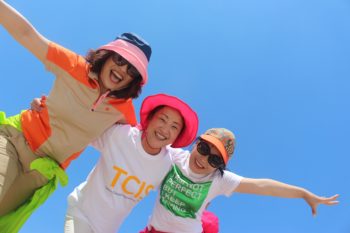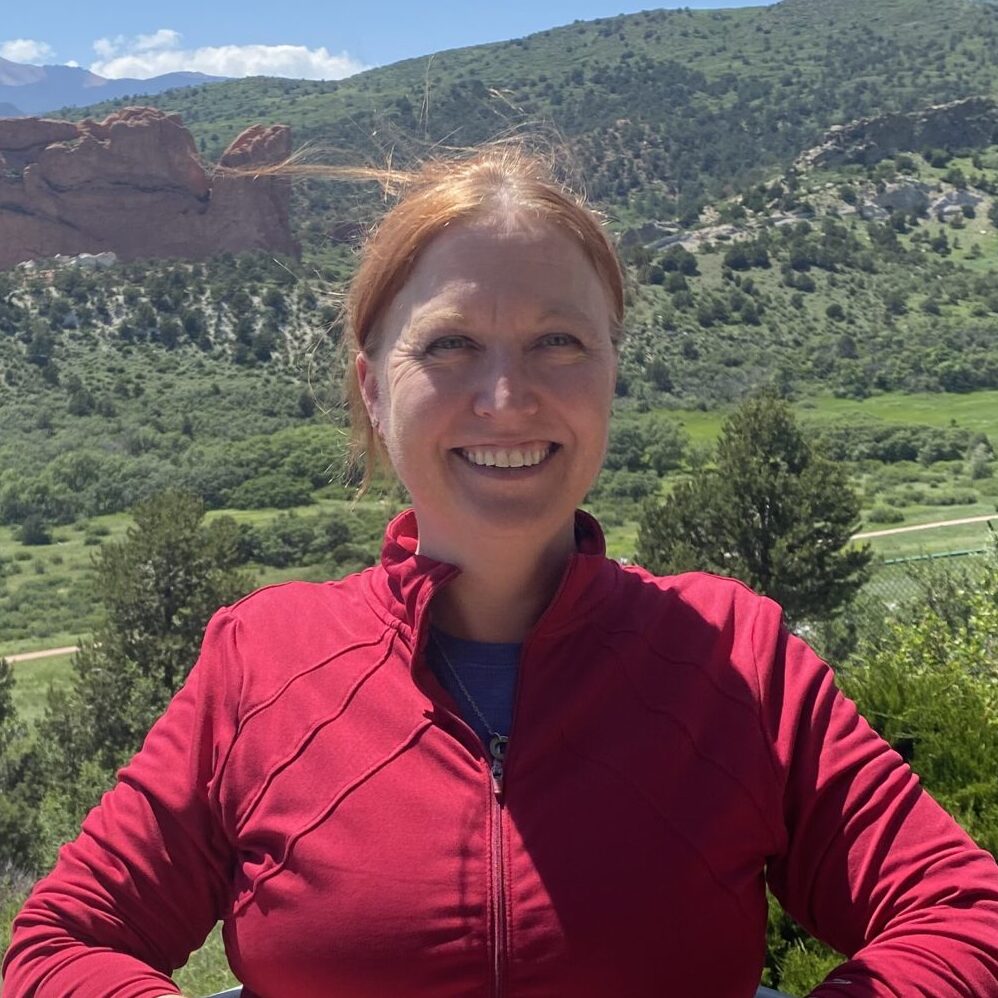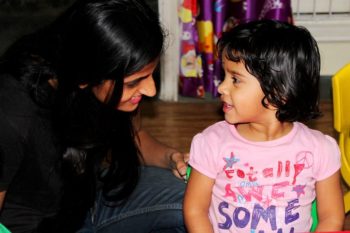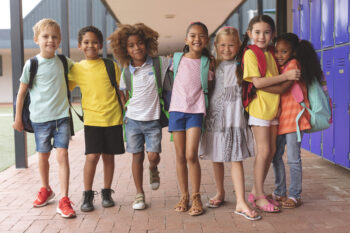 Strategies to Help Your Child Love School Again (Part 2)
Strategies to Help Your Child Love School Again (Part 2)
My previous blog post on Why Your Child Hates School explains reasons for a student’s frustrations with school and how parents can support their struggling child. Here are solutions to Help Your Child Love School Again:
-
Advocate for Your Child
Your child needs you to be their voice, especially when they feel unheard or misunderstood. Work closely with teachers, counselors, and administrators to ensure they receive the support they need.
- Request meetings if you notice ongoing struggles.
- Ask about support services such as speech therapy, occupational therapy, or counseling.
- Work with the school to develop an IEP or 504 Plan if your child qualifies for accommodations.
-
Focus on Strengths and Interests
Every child has strengths and interests that can help them reconnect with learning.
- Find ways to incorporate their passions into their education.
- Encourage them to join clubs, extracurricular activities, or special programs that align with their interests.
- Praise effort and progress rather than just grades.

Alison Whiteley has been a special education teacher for over 15 years, spending most of her time working with elementary students and families. After graduating from the University of Colorado with a Bachelor of Arts in Special Education and Psychology, she continued her education with a Masters in Reading from Walden University. In addition, she has achieved endorsements supporting Early Childhood Special Education and Diverse Learners which she uses to help identify needs across all learners.
Ms. Whiteley is trained in Wilson Reading System and Yoshimoto Orton-Gillingham. She believes all students can learn to read and be successful. She has served as a Special Education Coach and Mentor to fellow specialists and teachers, facilitated the creation of her elementary school’s Response to Intervention/Multi-Tiered Systems of Support (RTI/MTSS) process and helped parents through the Special Education process as IEP Coach for parents. In 2013 she completed the National Boards of Professional Teaching in Exceptional Needs with recertification in 2022. Her areas of expertise involve working with students with learning disabilities, supporting stakeholders moving through the special education process, and helping parents and teachers understand what they can do to support struggling learners in the public school settings.
She is a founding member of the Colorado Reading League and a member of the International Dyslexia Association in Colorado. Alison has two greyhounds and two nephews who keep her busy outside of school. She is the CEO of Toad-ally Exceptional Learners at http://www.toad-allyexceptionallearners.com. Alison is a valuable source of information to support teachers and parents, although she is not a lawyer and does not give legal advice. Her services support families through the IEP process and how they can be an equal member of the team through positive interactions. She focuses on collaboration and using tools to take IEPs to the new level of helping students achieve.
 Why Your Child Hates School (Part 1)
Why Your Child Hates School (Part 1) How to Get Involved in Your Kid’s School
How to Get Involved in Your Kid’s School
 Elementary School Homework to Support All Learners
Elementary School Homework to Support All Learners